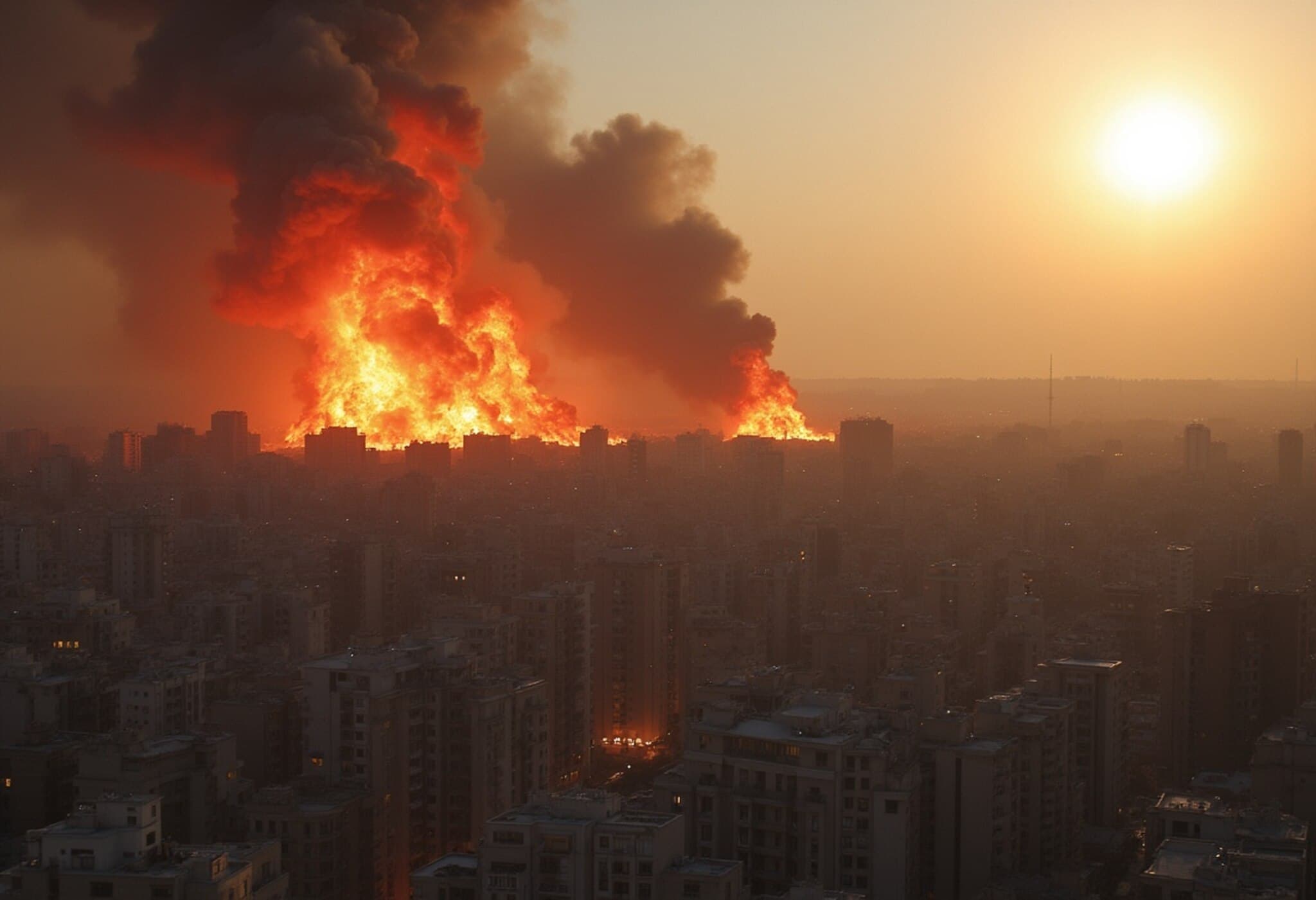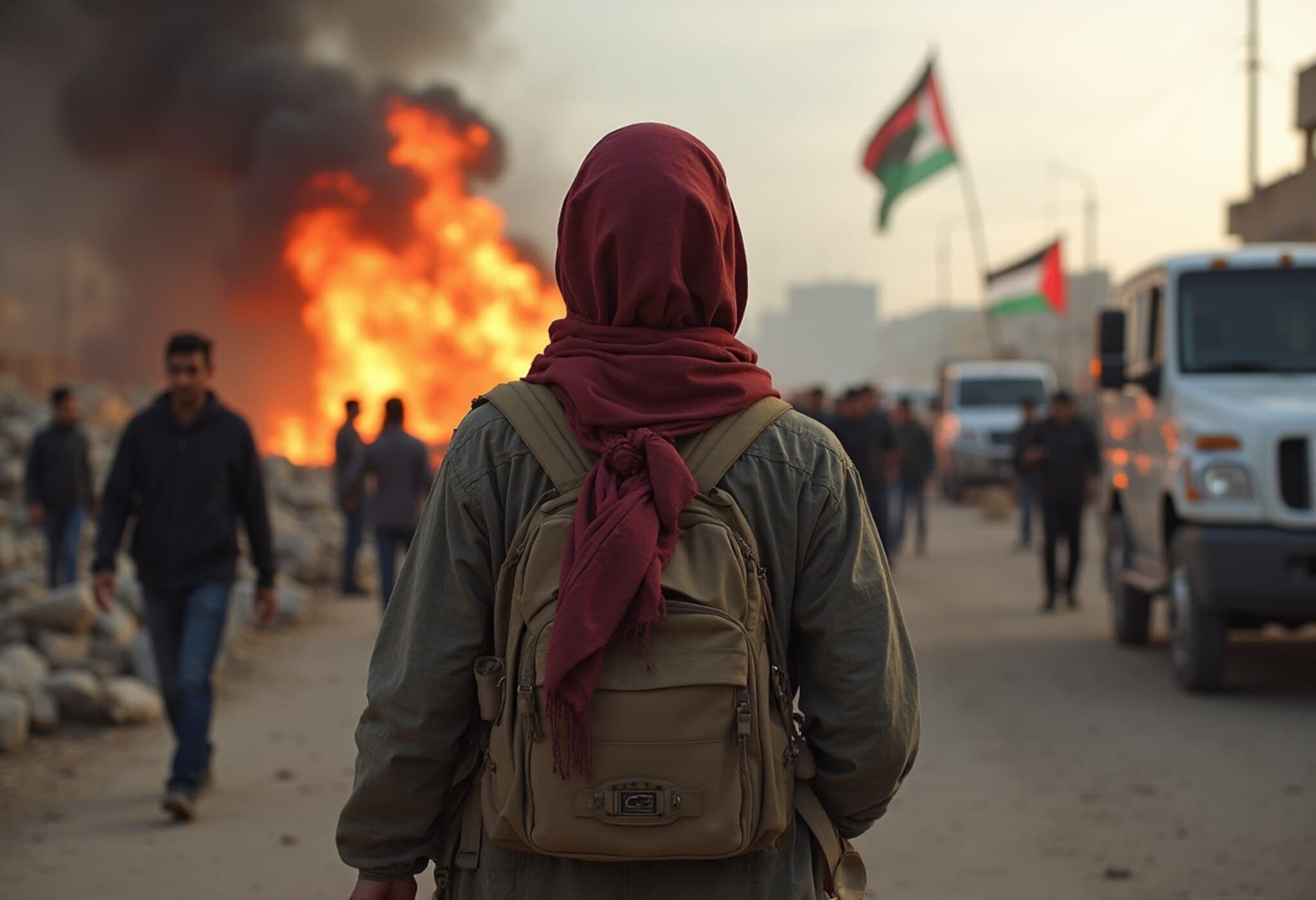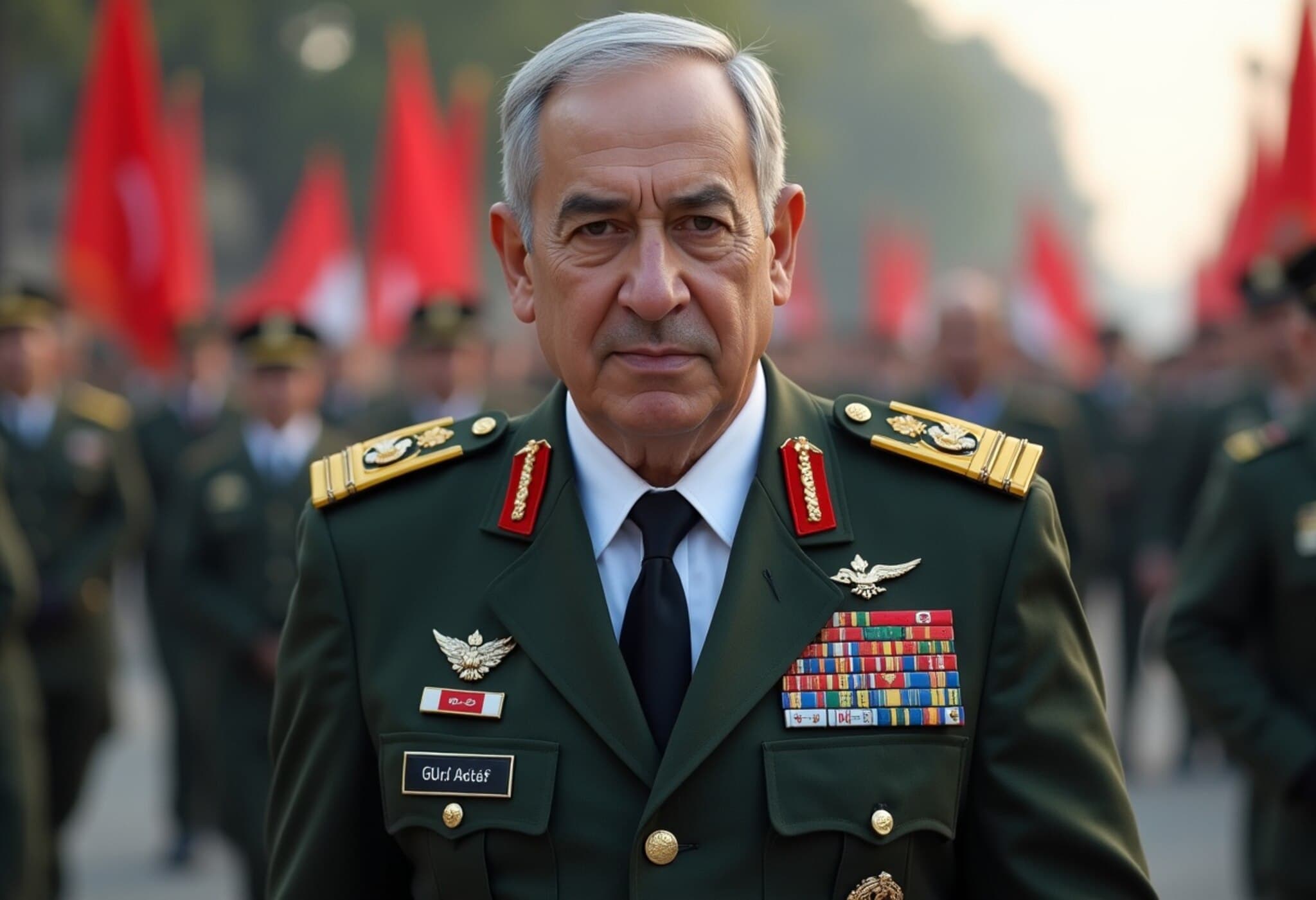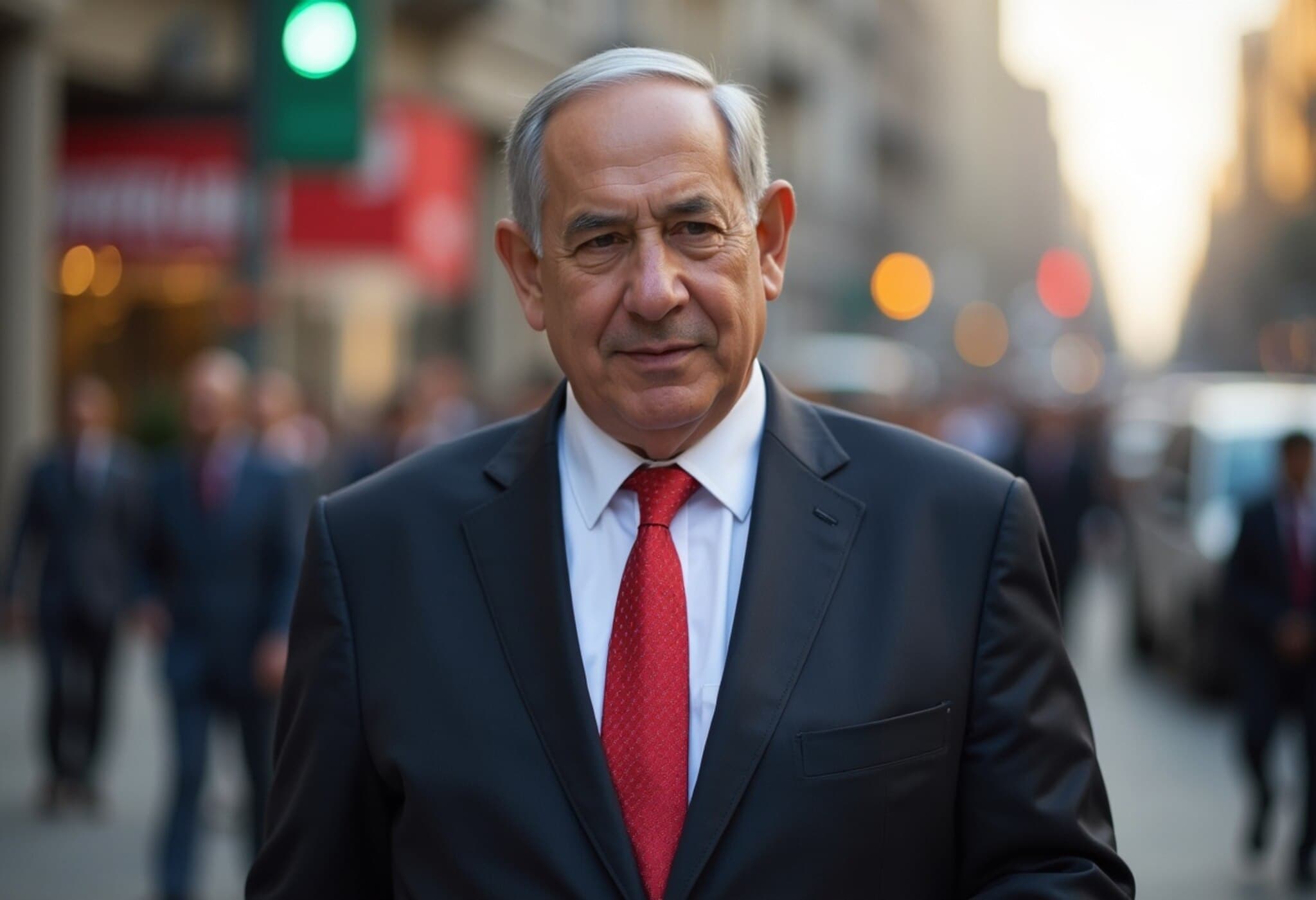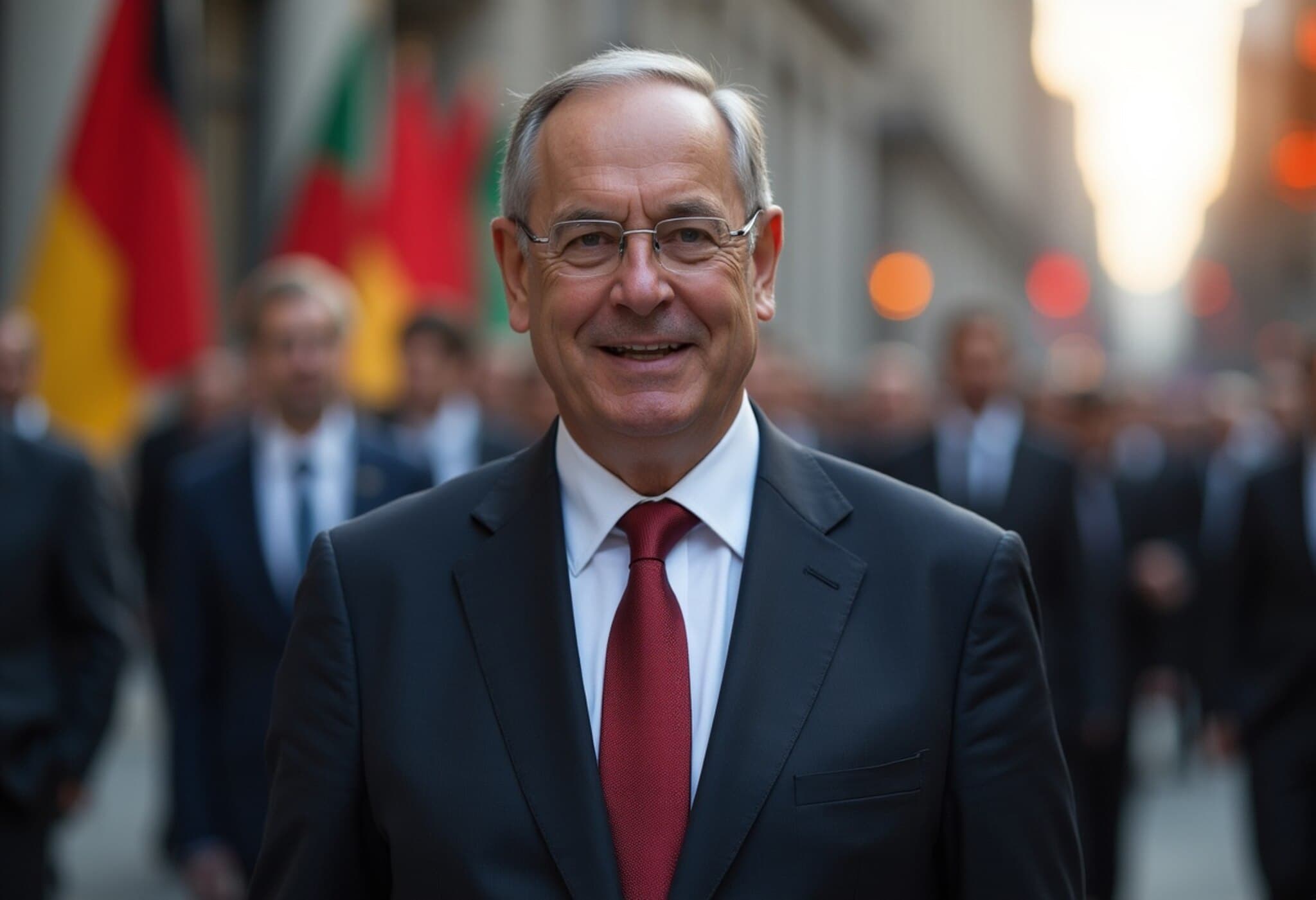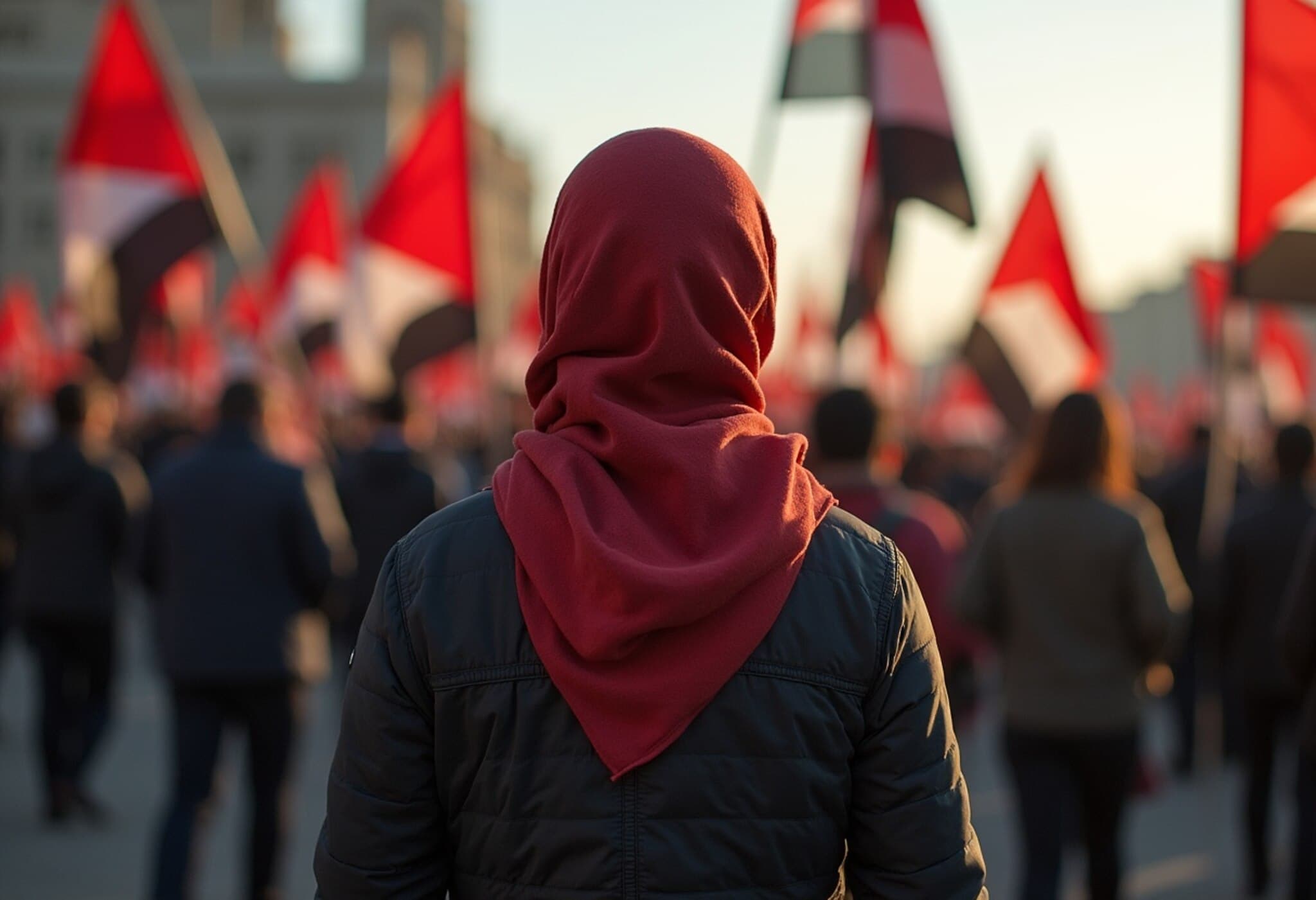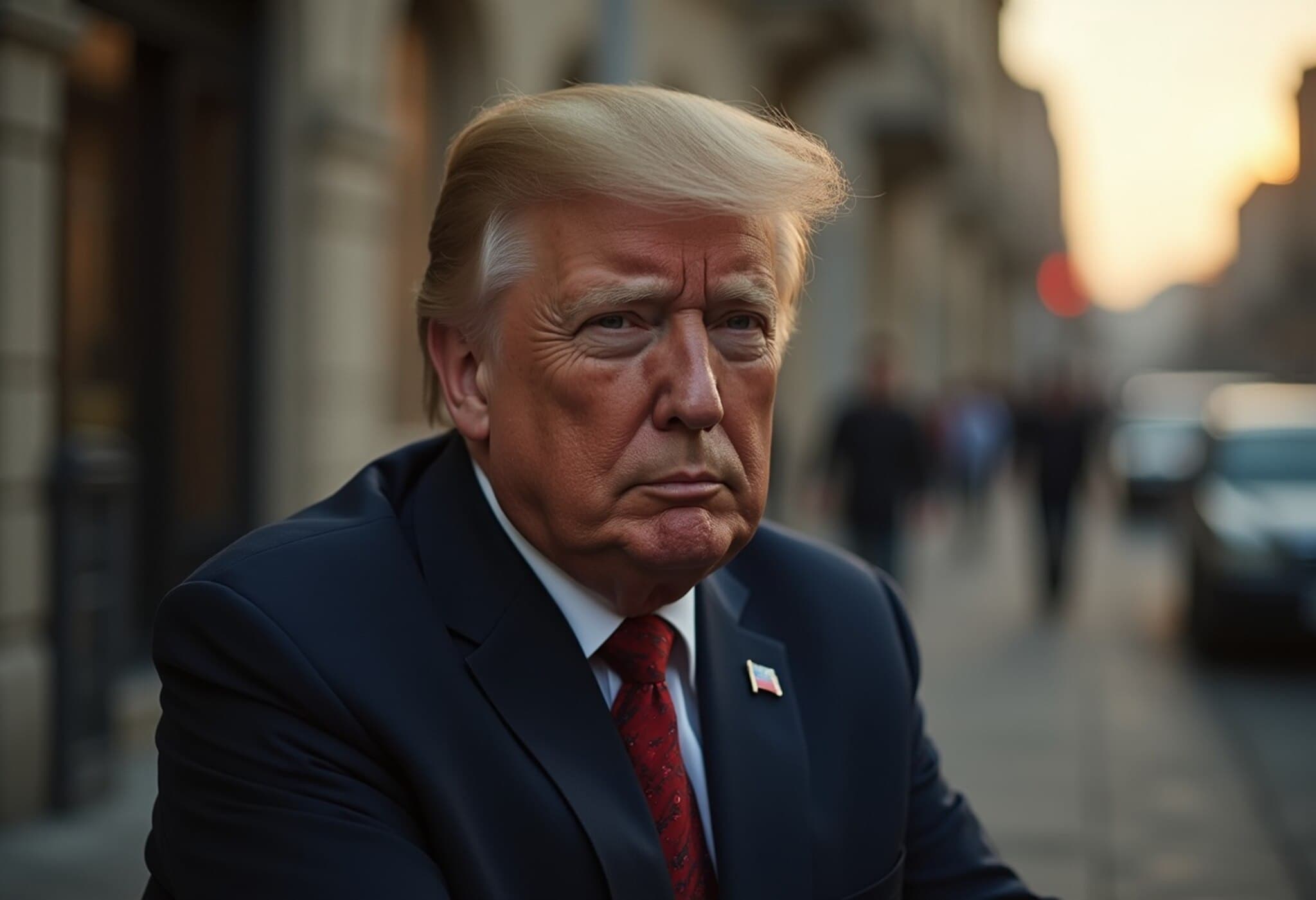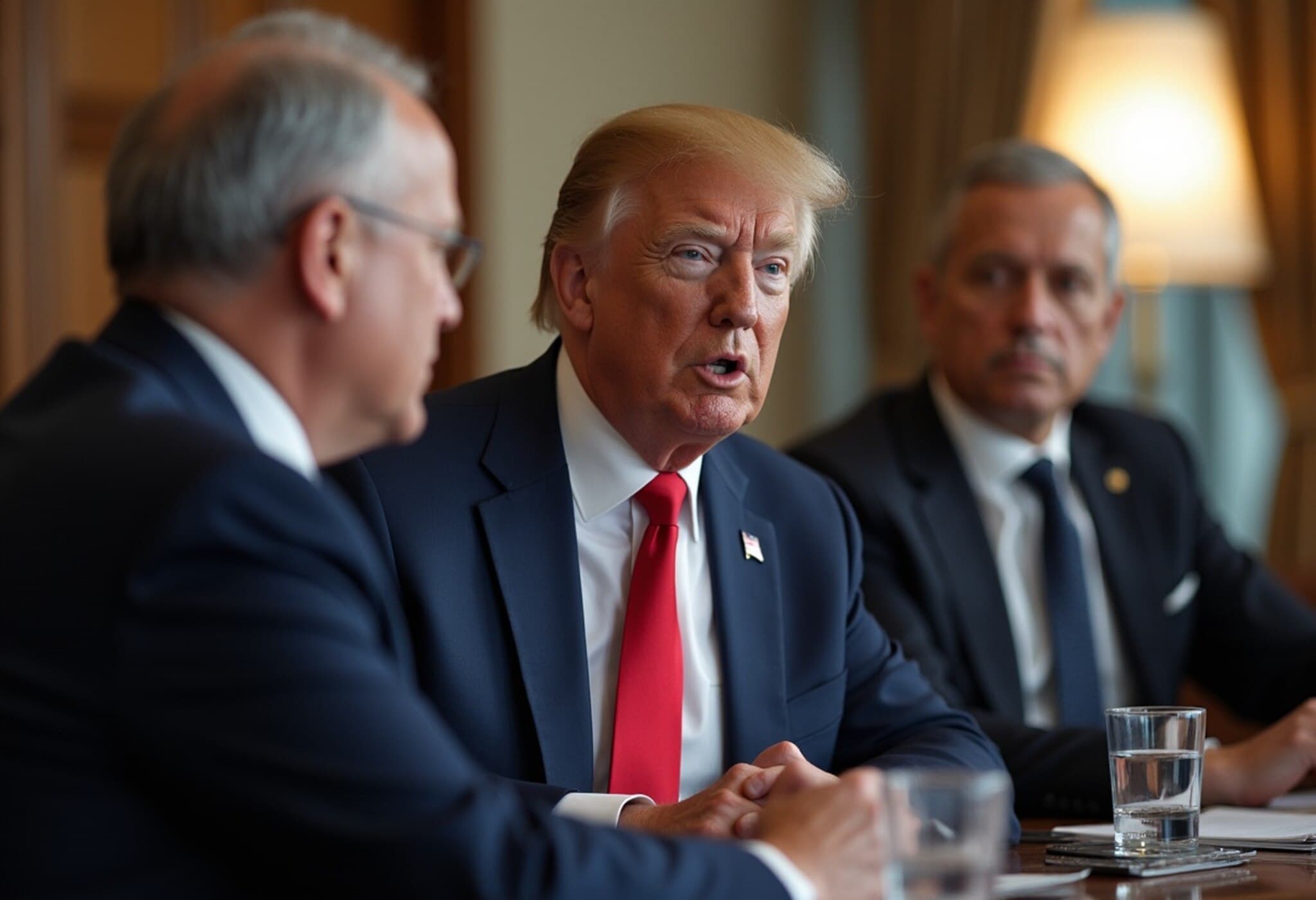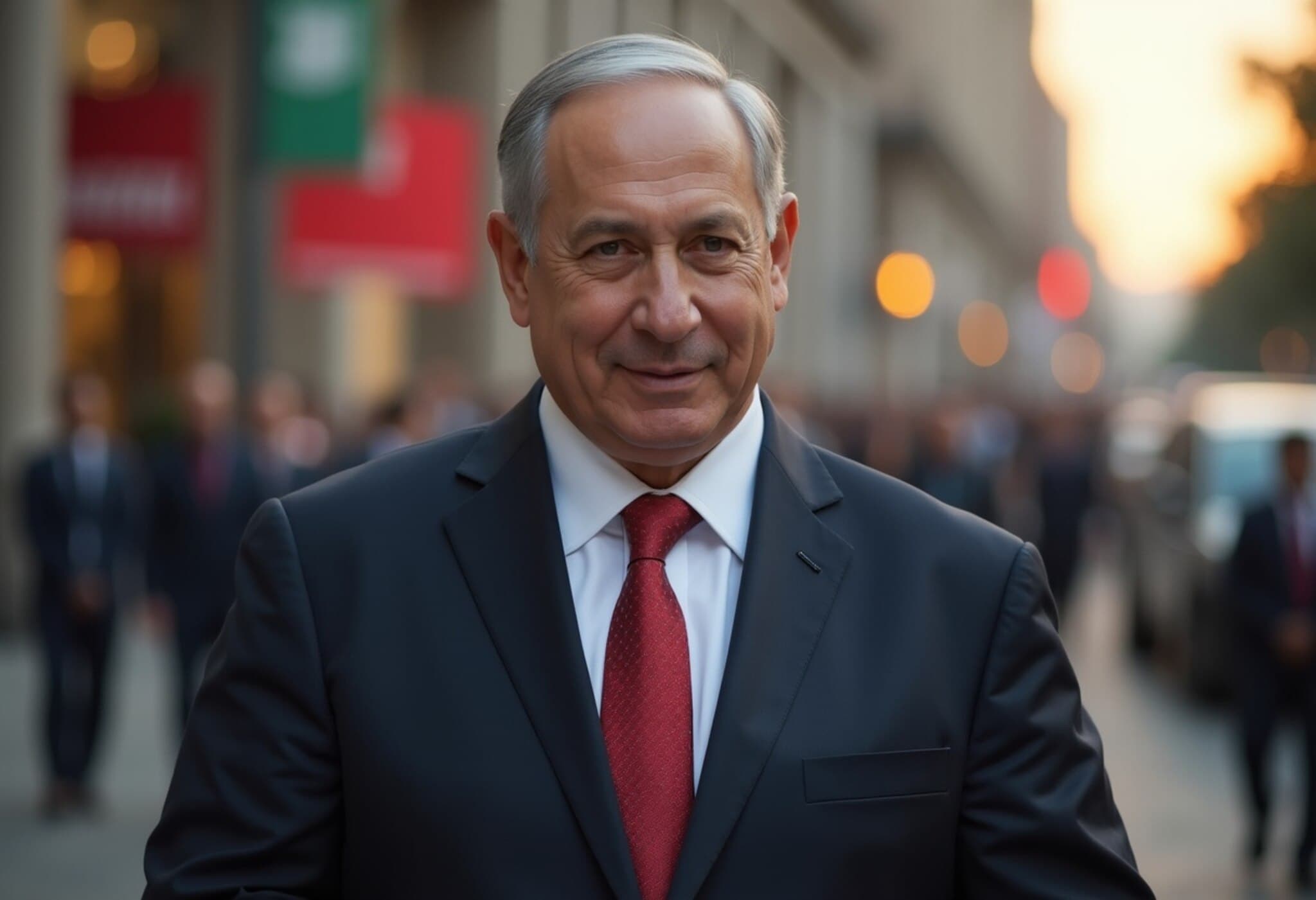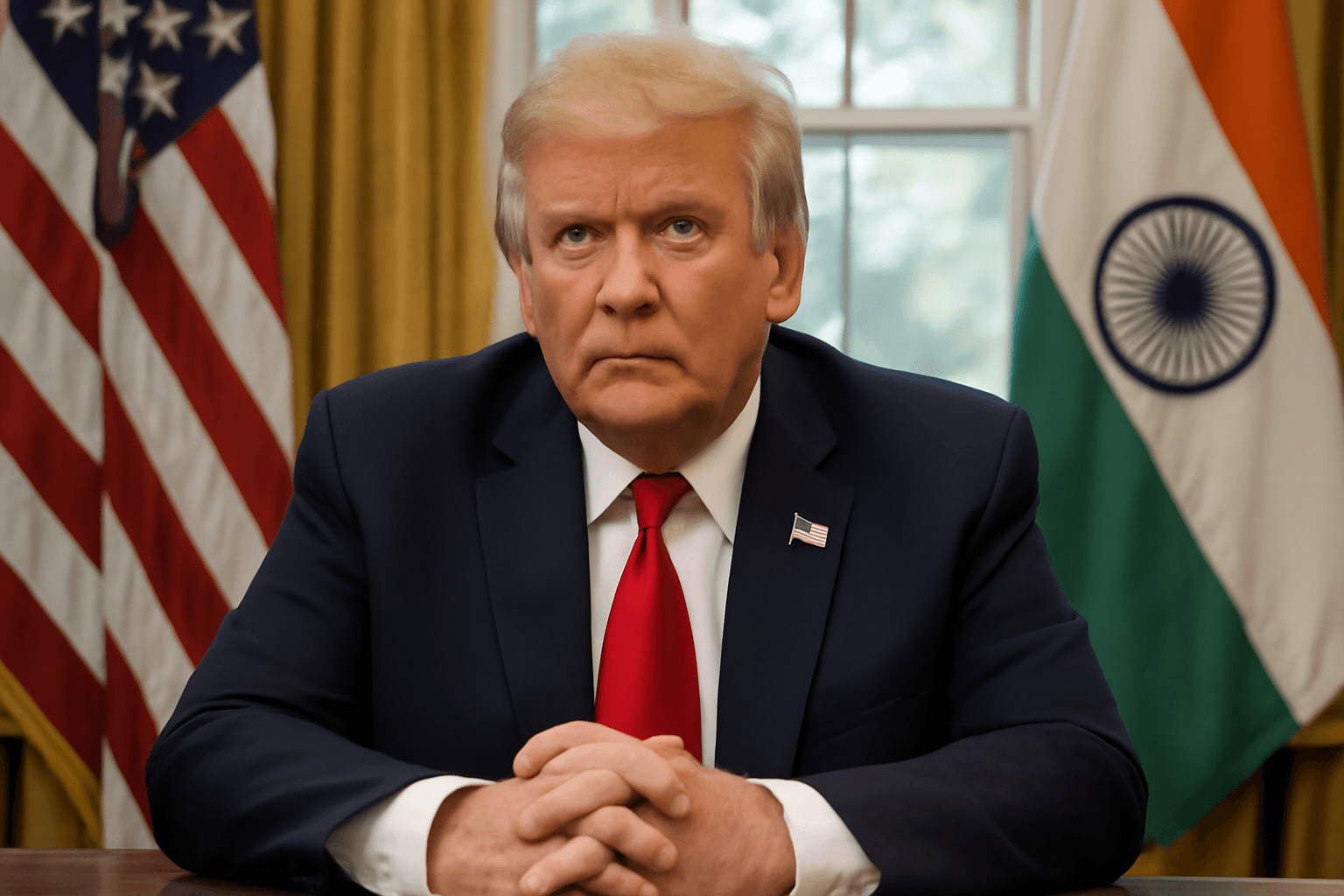Trump Defers to Israel on Gaza Occupation Amid Rising Conflict and Humanitarian Crisis
As Israeli Prime Minister Benjamin Netanyahu intensifies calls for a complete military occupation of Gaza, former US President Donald Trump has taken a cautious stance, insisting that the decision ultimately rests with Israel. His remarks, delivered during a volatile period marked by escalating violence and widespread international concern, reflect a delicate balancing act by the US—juggling diplomatic relations, political strategy, and humanitarian obligations in one of the world’s most fraught regions.
Emphasizing Humanitarian Aid over Military Strategy
When questioned about his support for a full Israeli takeover of Gaza, Trump sidestepped a direct answer and instead highlighted American efforts to alleviate human suffering. He underscored a $60 million aid package targeted at food distribution within Gaza, noting cooperation from Israel and Arab states on financing and logistics, though he refrained from providing specifics. This shift in focus underscores the Trump administration’s framing of the crisis less as a geopolitical quandary and more as an urgent humanitarian emergency demanding immediate attention.
Netanyahu’s Controversial Push for Full Gaza Control
Reports reveal that Netanyahu is seriously contemplating expanding Israel Defense Forces (IDF) authority across the entirety of Gaza—reversing Israel’s 2005 disengagement that withdrew settlers and soldiers but left border control largely in Israeli hands. Strategic discussions led by Military Chief of Staff Eyal Zamir have explored multiple options for intensifying the military campaign. However, no final decisions have been publicly disclosed, and the idea has sparked fierce debate within Israel’s military and political circles.
Internal Divisions and Mounting Criticism in Israel
- Several former Israeli intelligence chiefs, including ex-Shin Bet and Mossad leaders, have openly condemned the occupation proposal as impractical and perilous.
- Yoram Cohen, former Shin Bet head, labeled the plan “a fantasy,” citing the near impossibility of neutralizing all militants while securing hostage safety.
- Military morale is waning amid casualties and operational fatigue, with approximately 75% of Gaza already under IDF control.
- Discord reportedly exists between Netanyahu and top military officials over risk escalation and uncertain hostage outcomes.
The Harrowing Hostage Crisis
The ongoing hostage situation remains a core challenge. Since the Hamas-led assault on October 7, 2023, which resulted in 251 abductions, Israel estimates that 59 hostages remain captive, with 35 feared dead. Recent released videos showing emaciated captives have stirred public outrage in Israel and internationally, sparking protests demanding urgent government action.
International Calls for Ceasefire and Negotiation
Global leaders and human rights organizations have increasingly advocated for a ceasefire to halt civilian suffering and facilitate hostage negotiations. United Nations representatives and humanitarian groups emphasize the urgency of renewed diplomacy, though talks have stalled amid Hamas’s rejection of proposed truce terms involving phased hostage releases.
Trump’s Past and Present Approach to Gaza
Earlier in the conflict, Trump proposed a US takeover of Gaza—a move met with widespread condemnation worldwide. Since then, his position has moderated, with a focus on aid delivery and deferring military decisions to Israel. This recalibration appears strategically designed to maintain ties with Israel’s government without appearing to endorse deeper US military involvement or prolonged conflict.
The Deepening Humanitarian Catastrophe in Gaza
On the ground, Gaza’s devastation is staggering. According to Reuters, 60% of buildings in Gaza have been damaged or destroyed. Food security agencies warn of looming famine, with starvation becoming increasingly evident. Trump acknowledged the dire situation, describing the starvation as “real” and impossible to ignore. However, Israeli officials maintain there are no intentional aid blockades, attributing suffering to Hamas's intransigence. Contrastingly, reports, including from Jordan, reveal that aid shipments remain stalled due to Israeli border restrictions imposed since March.
UN Special Rapporteur Michael Fakhri has sharply condemned the military strategy as deliberate starvation, branding it “a crime against humanity” and calling for urgent international accountability.
Political Stakes and Future Prospects
- Far-right factions within Netanyahu’s coalition are pressing for reestablishing Jewish settlements in Gaza, transforming occupation into a politically symbolic victory.
- Finance Minister Bezalel Smotrich claims these settlement plans are no longer hypothetical.
- Observers suggest Netanyahu’s current stance may be driven by political survival as public and military fatigue grow.
- International efforts at mediation remain ongoing but complicated by entrenched positions and human suffering.
What Lies Ahead?
Trump’s proclamation that the Gaza occupation is "up to Israel" digitally distances the US from direct military decisions, even as it remains deeply involved in humanitarian and diplomatic channels. Whether this approach can help deescalate the conflict or will be judged a moral abdication remains an open question as the human toll intensifies. The situation calls for vigilant global attention, balanced policy deliberation, and a renewed push towards peace, justice, and humanitarian relief.
Editor’s Note:
The unfolding crisis in Gaza is as much a humanitarian emergency as it is a geopolitical flashpoint. Trump’s refusal to explicitly endorse Israel’s military plans underscores the complex US role—balancing alliance loyalties with international human rights concerns. As political pressures mount on Netanyahu domestically and abroad, the international community faces tough questions about balancing strategic interests with the urgent need to halt civilian suffering. Readers should consider: in an era of protracted conflict, what diplomatic frameworks genuinely safeguard human dignity and foster long-term peace?


